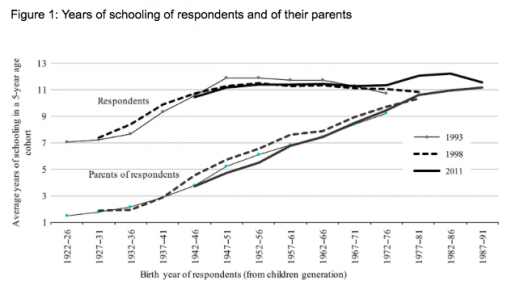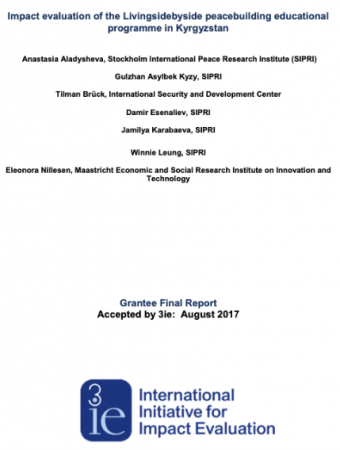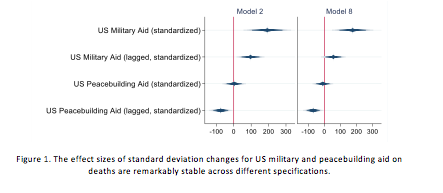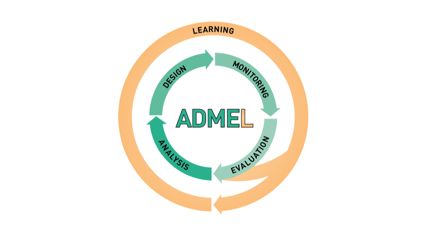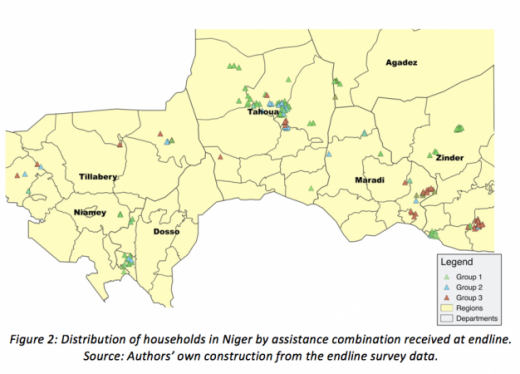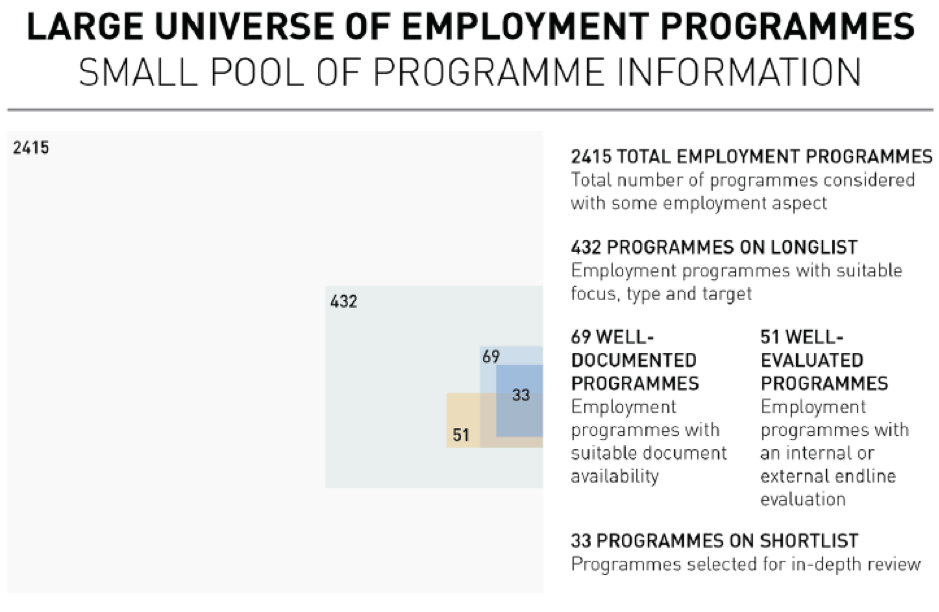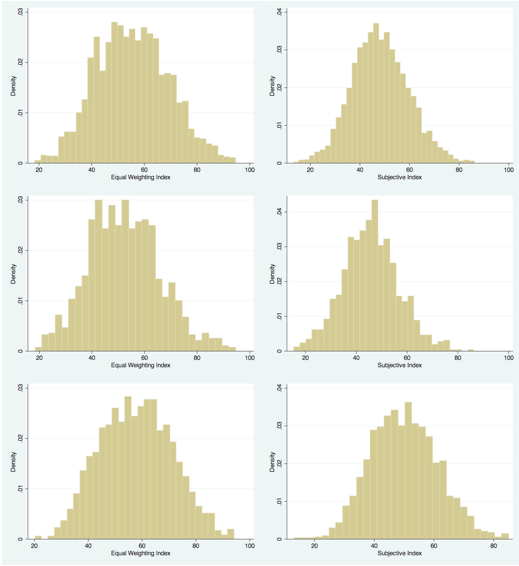Household survey data for research on well-being and behavior in Central Asia
This paper summarizes the micro-level survey evidence from Central Asia generated and analyzed in the period 1991–2012. We provide an exhaustive overview over all accessible individual and household-level surveys undertaken in Kazakhstan, Kyrgyzstan, Tajikistan, Turkmenistan and Uzbekistan – and of all academic papers published using these datasets.
